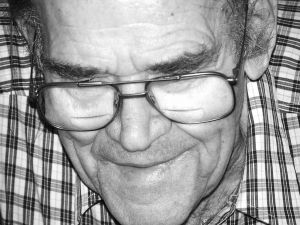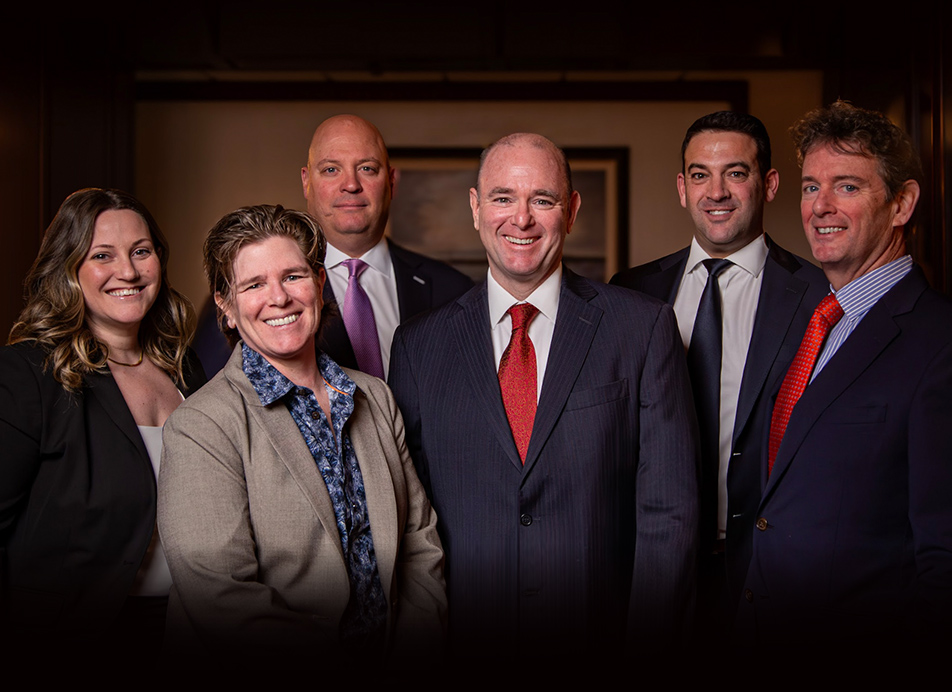Earlier this month in the Bronx, a nursing aide was charged in connection with a 77-year-old man’s death. According to a report by one local news source, a nursing home resident got involved in an altercation with a nursing aide, ultimately resulting in the aide physically assaulting the elderly man.
Evidently, eyewitnesses to the fight needed to break it up because it was escalating quickly and getting very physical. At some point during the fracas, the nursing home resident fell on a table and was impaled by a sharp piece of metal. He was rushed to a nearby hospital, but it was too late. He succumbed to his injuries a short time later.
The nurse, who has worked at the nursing home for the past 14 years, is being charged with criminally negligent homicide, felony assault, and endangering the welfare of an adult. She pleaded not guilty to all charges. Although she does not have a criminal history, if convicted of the charged crimes she could face prison time for her involvement in the man’s death. The nursing home has cooperated with investigators thus far, adding that the “facility has an exemplary healthcare history.”
Criminal Culpability Versus Civil Liability
In the case described above, the nursing home aide is facing criminal charges that were brought by the State of New York. If convicted, she will face criminal sanctions. However, this is not the end of the aide’s potential liability.
Accident victims, as well as the victims of intentional wrongful conduct such as nursing home abuse, are entitled to seek recovery from those whom they believe caused their injuries. This is completely separate from any criminal prosecution and is not bound by any criminal court findings. With that said, a finding by a criminal court that a defendant violated the law by committing an assault or other physical act of violence helps prove a civil case, although it is not necessary.
In order to succeed in a civil suit based in negligence, a plaintiff must prove both that the defendant was negligent and also that the defendant’s negligence was the cause of the plaintiff’s injuries. If a plaintiff is unable to prove either of these points, he or she will not succeed at trial. Therefore, it is critically important to any nursing home abuse case that you consult with an attorney before you file your case. To learn more about personal injury lawsuits, call a Long Island personal injury attorney,
Do You Have a Loved One at a Long Island Nursing Home?
If you have a loved one at a Long Island nursing home and you believe that he or she may not be getting the appropriate care, you should make sure to get your loved one out of the situation immediately. Once he or she is safely out of the situation, contact one of the dedicated attorneys at Duffy & Duffy to speak with an attorney and to decide if filing a civil claim for damages makes sense in your case. To learn more about the negligence laws in New York, and to set up a free initial consultation with dedicated personal injury attorneys, call (516) 394-4200 today.
See Other Blog Posts:
Slip-and-Fall Plaintiff’s Suit Dismissed against Business Owners, Long Island Injury Lawyers Blog, December 11, 2014.
Expert Witness Testifies in Medical Malpractice Case, Long Island Injury Lawyers Blog, December 22, 2014.

